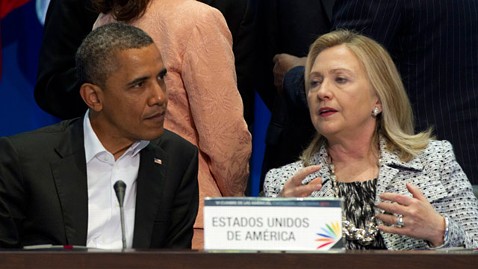Orbiting at the frozen edges of our solar system, the mysterious dwarf planet Makemake is finally coming out of the shadows as astronomers get their best view yet of Pluto's little sibling.
Discovered in 2005, Makemake—pronounced MAH-keh MAH-keh after a Polynesian creation god—is one of five Pluto-like objects that prompted a redefining of the term "planet" and the creation of a new group of dwarf planets in 2006. (Related: "Pluto Not a Planet, Astronomers Rule.")
Just like the slightly larger Pluto, this icy world circles our sun beyond Neptune. Researchers expected Makemake to also have a global atmosphere—but new evidence reveals that isn't the case.
Staring at a Star
An international team of astronomers was able for the first time to probe Makemake's physical characteristics using the European Southern Observatory's three most powerful telescopes in Chile. The researchers observed the change in light given off by a distant star as the dwarf planet passed in front of it. (Learn how scientists found Makemake.)
"These events are extremely difficult to predict and observe, but they are the only means of obtaining accurate knowledge of important properties of dwarf planets," said Jose Luis Ortiz, lead author of this new study and an astronomer at the Instituto de Astrofisica de Andalucia, in Spain.
It's like trying to study a coin from a distance of 30 miles (48 kilometers) or more, Ortiz added.
Ortiz and his team knew Makemake didn't have an atmosphere when light from the background star abruptly dimmed and brightened as the chilly world drifted across its face.
"The light went off very abruptly from all the sites we observed the event so this means this world cannot have a substantial and global atmosphere like that of its sibling Pluto," Ortiz said.
If Makemake had an atmosphere, light from the star would gradually decrease and increase as the dwarf planet passed in front.
Coming Into Focus
The team's new observations add much more detail to our view of Makemake—not only limiting the possibility of an atmosphere but also determining the planet's size and surface more accurately.
"We think Makemake is a sphere flattened slightly at both poles and mostly covered with very white ices—mainly of methane," said Ortiz.
"But there are also indications for some organic material at least at some places; this material is usually very red and we think in a small percentage of the surface, the terrain is quite dark," he added.
Why Makemake lacks a global atmosphere remains a big mystery, but Ortiz does have a theory. Pluto is covered in nitrogen ice. When the sun heats this volatile material, it turns straight into a gas, creating Pluto's atmosphere.
Makemake lacks nitrogen ice on its surface, so there is nothing for the sun to heat into a gas to provide an atmosphere.
The dwarf planet has less mass, and a weaker gravitational field, than Pluto, said Ortiz. This means that over eons of time, Makemake may not have been able to hang on to its nitrogen.
Methane ice will also transform into a gas when heated. But since the dwarf planet is nearly at its furthest distance from the sun, Ortiz believes that Makemake's surface methane is still frozen. (Learn about orbital planes.)
And even if the methane were to transform into a gas, any resulting atmosphere would cover, at most, only ten percent of the planet, said Ortiz.
The new results are detailed today in the journal Nature.










